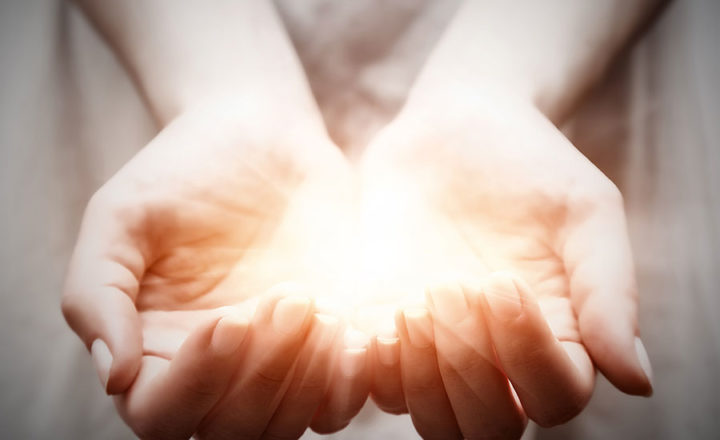By Jhon Sánchez
Since the first moment the coronavirus crisis started, there have been a blooming of organizations, mutual funds, or groups of neighbors who get together to help the unemployed, the undocumented, or the disabled. People have different motivations to do selfless acts.
I think of the volunteers of Invisible Hands, carrying bags with groceries from the supermarket to the doorsteps of a person suffering from cancer. For many of those volunteers, helping others is also a way to keep up the spirits to fight the feeling of isolation. Lauren Johnson, for example, tweets:
Not a lot of things make me (or a lot of other people) feel good these days but volunteering with @InvHandsDeliver to get groceries to my Brooklyn neighbors sure helps. pic.twitter.com/kQjqUIZhOJ
— Lauren Johnson (@LaurenJohnson) May 9, 2020
For others, it is a matter not only to create solidarity but also to link with other social structures like in the case Shahana, who believes that it’s crucial to protect the local markets.
Little Bangladesh, Kensington’s Bangladeshi/Halal supermarkets are open, restocked, and practicing social distancing (some are allowing one shopper at a time).
I’ve been delivering deshi groceries to families I can walk to—it’s important to shop local to protect ethnic markets? pic.twitter.com/SdhrOmdtcX
— Brooklyn Woman (@ShahanaFromBK) April 26, 2020
All those acts of cooperation are also political acts that deserve media attention as Gentlethem tweets:
Agreed.
Media should uplift stories of struggle and survival right now—narratives of weathering this together, of communities strengthening. Cooperation.
We’re not quite there yet, but you should follow @MutualAidNYC — we’ll start sharing stories straight out of NYC soon. https://t.co/18x33fLRkY
— Gentlethem ? (@a_l_hu) April 18, 2020
Another way to help is to offer business equipment or scientific skills. Dr. Ellen Jorgensen from Anika Biosciences, a small Brooklyn based company, offered free COVID-19 testing for New York schools. Jillian Wiedenmayer and George Coffin, who transformed their design business, Studio Den Den, into small manufacture of face shields to provide for free to Brookdale and Mount Sinai Hospitals.
Join George & Jill in making face shields for NYC https://t.co/DQqFkdBMsl
— Julee Dardeau (@jdfly101) March 28, 2020
Jill and George also posted a tutorial in how to create personal protected equipment (PPE), using a 3-D printer.
Bolinas, a town in California, is another example of civil and community effort. Engeström, Harmon and Pincus, three Bolinas neighbors set an all-volunteer driven test that reached all town by the mid of April. As Nathan Heller put it in an article about it in the New Yorker, “The lesson of Bolinas’s testing work may be that the best crisis responders are those with deep habits of community coördination—those who bowl together.”
But what would happen with those movements, with those volunteers after the pandemic? Alexandra Ocasio-Cortez cited in an article for the New Yorker written by Jia Tolentino, says, “We can buy into the old frame works of, when disaster hits, it’s every person for themselves. Or we can affirmative choose a different path. And we can build a different world, even if it’s just on our building floor, even if it’s just in our neighborhood, even if just on our block.” (Can I Help You? TNY, May 18, 2020, pg. 25) The invitation is to act and not wait for politicians to do something.
Jhon Sánchez: A Colombian born, Mr. Sánchez, arrived in NYC seeking political asylum where he is now a lawyer. His short stories are available in Midway Journal, The Meadow, Newfound, Fiction on the Web, among others. In February, Teleport published his short story ‘Handy.’ The DeDramafi, was published on The Write Launch, and Storylandia will reprint it in issue 36. He was awarded the Horned Dorset Colony for 2018 and the Byrdcliffe Artist Residence Program for 2019. In 2021, New Lit Salon Press will publish his collection Enjoy Pleasurable Death and Other Stories that Will Kill You. For updates, please visit the Facebook page @WriterJhon










